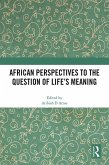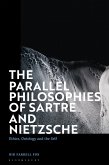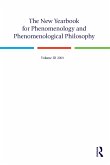Martin Heidegger's (1889-1976) criticism of Friedrich Nietzsche's nihilism represented a 'turn' in his thought. In this new and perceptive book, Dominic Kelly explores nihilism through the work of two relatively modern and much studied philosophers; Heidegger and Nietzsche and shows how Heidegger began to think in a way that was not solely philosophical and instead used poetry to achieve a new relation to being. In doing so, Heidegger was able to move past Nietzsche's concepts and thus, nihilism itself. Through his exploration of Heidegger's journey to a form of thinking beyond the philosophical then, Kelly exposes nihilism's crucial place in Continental philosophy and has written a book that is essential for students and academics working in Heidegger studies. Kelly's engagement with Heidegger's more poetic philosophy also benefits students of metaphysics, the philosophy of art and aesthetics, and visual culture more widely. By putting nihilism into its historical context and examining its Ancient Greek origins, Kelly's book will also be of use to those studying early philosophical thought - a requirement for all philosophy courses - and provides a valuable account of nihilism's historical trajectory.
Bitte wählen Sie Ihr Anliegen aus.
Rechnungen
Retourenschein anfordern
Bestellstatus
Storno









